Foods That Hate Your Fridge And The Reasons to Keep Them Out
People usually refrigerate foods and other perishable products to extend their shelf life. This practice is reasonable to keep them fresh, but it can alter the taste and the quality of the food.
Tomatoes
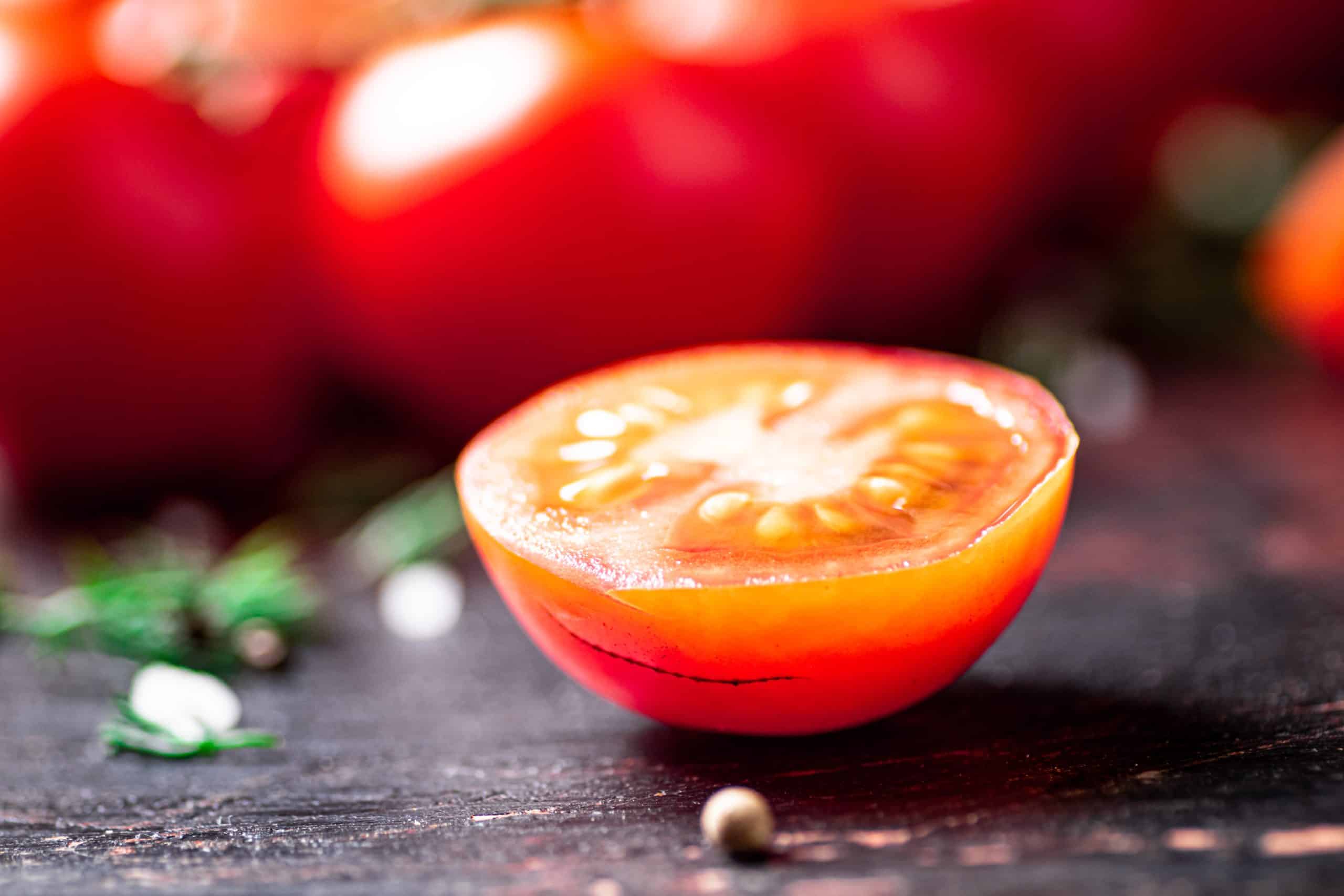
Although refrigeration extends the shelf life of your tomatoes, it actually harms their quality. The cold dampens their flavor and degrades their texture. Just a tip: tomatoes should be stored on the kitchen counter at room temperature.
Bread
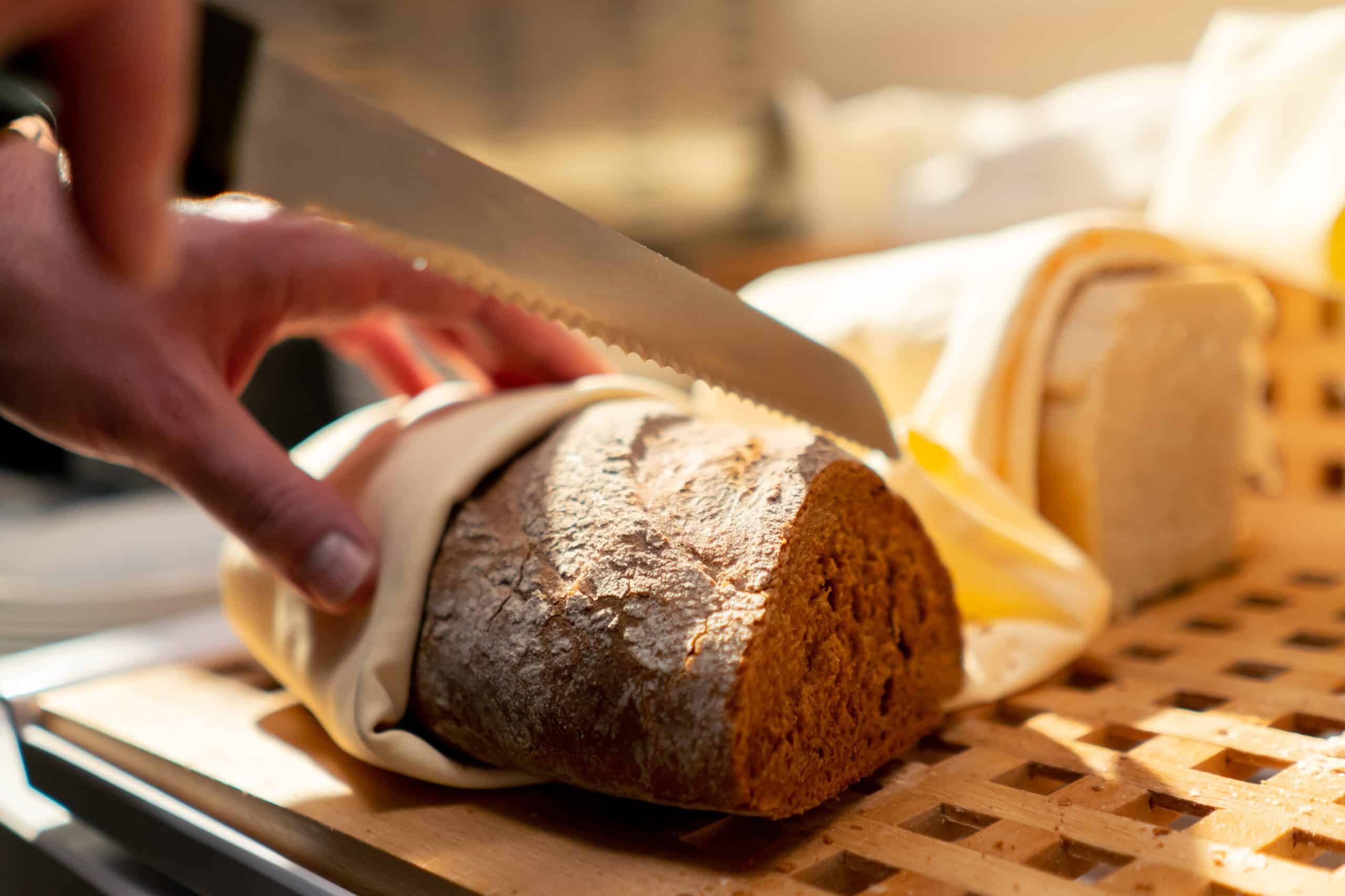
Bread gets stale faster and tastes dry when stored in cold temperatures. Storing them in a fridge quickens the crystallization and, therefore, hastens the drying and hardening of your bread. You can instead store them in bread boxes.
Onions
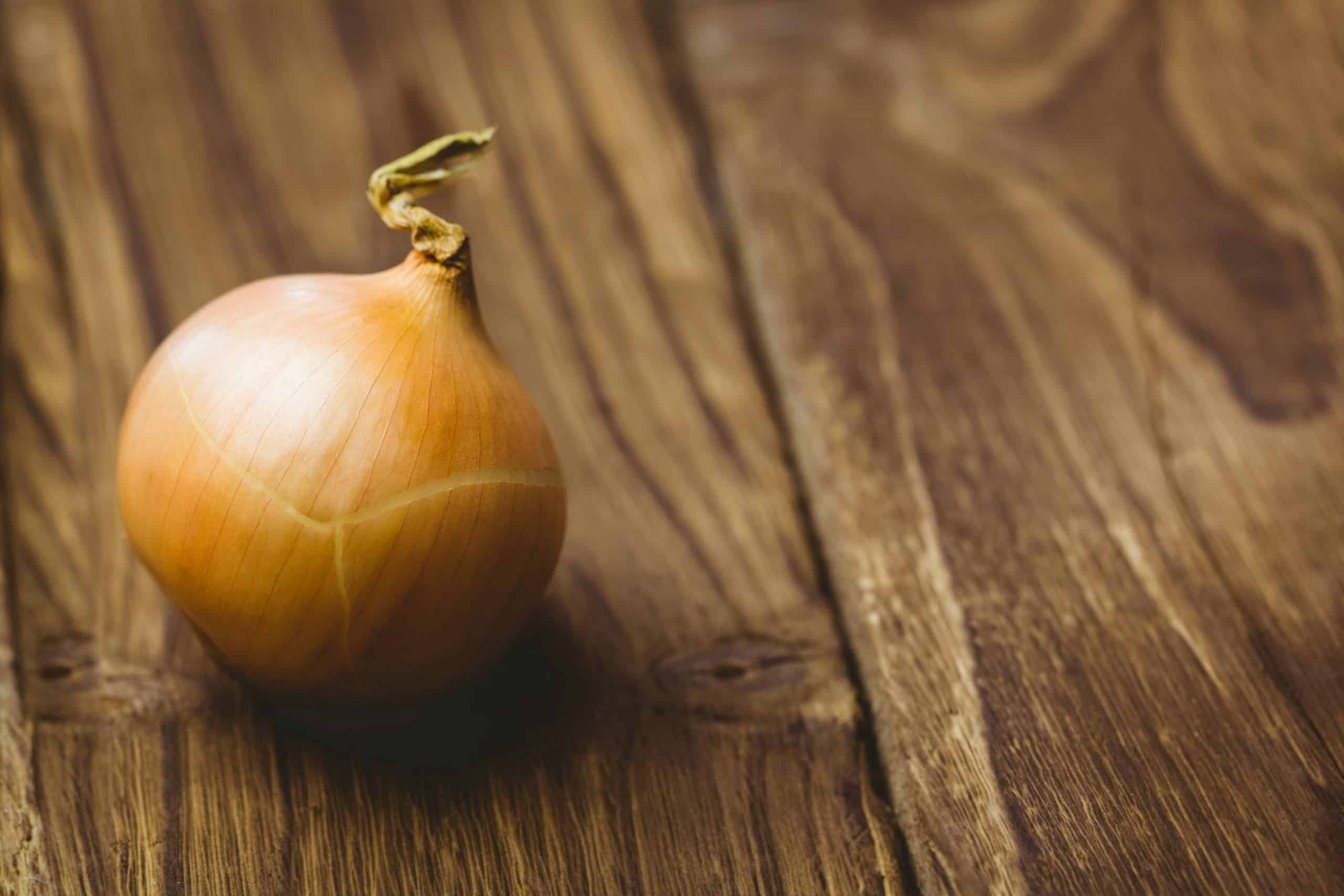
The cold temperature of the fridge affects the texture and taste of onions. When refrigerated, they become soft or soggy because the cold converts their starch to sugar. Refrigeration can also make your fridge and everything in it smelly. Here's a suggestion: store onions in a mesh bag or bowl in a dry, cool, and ventilated spot in your pantry.
Potato
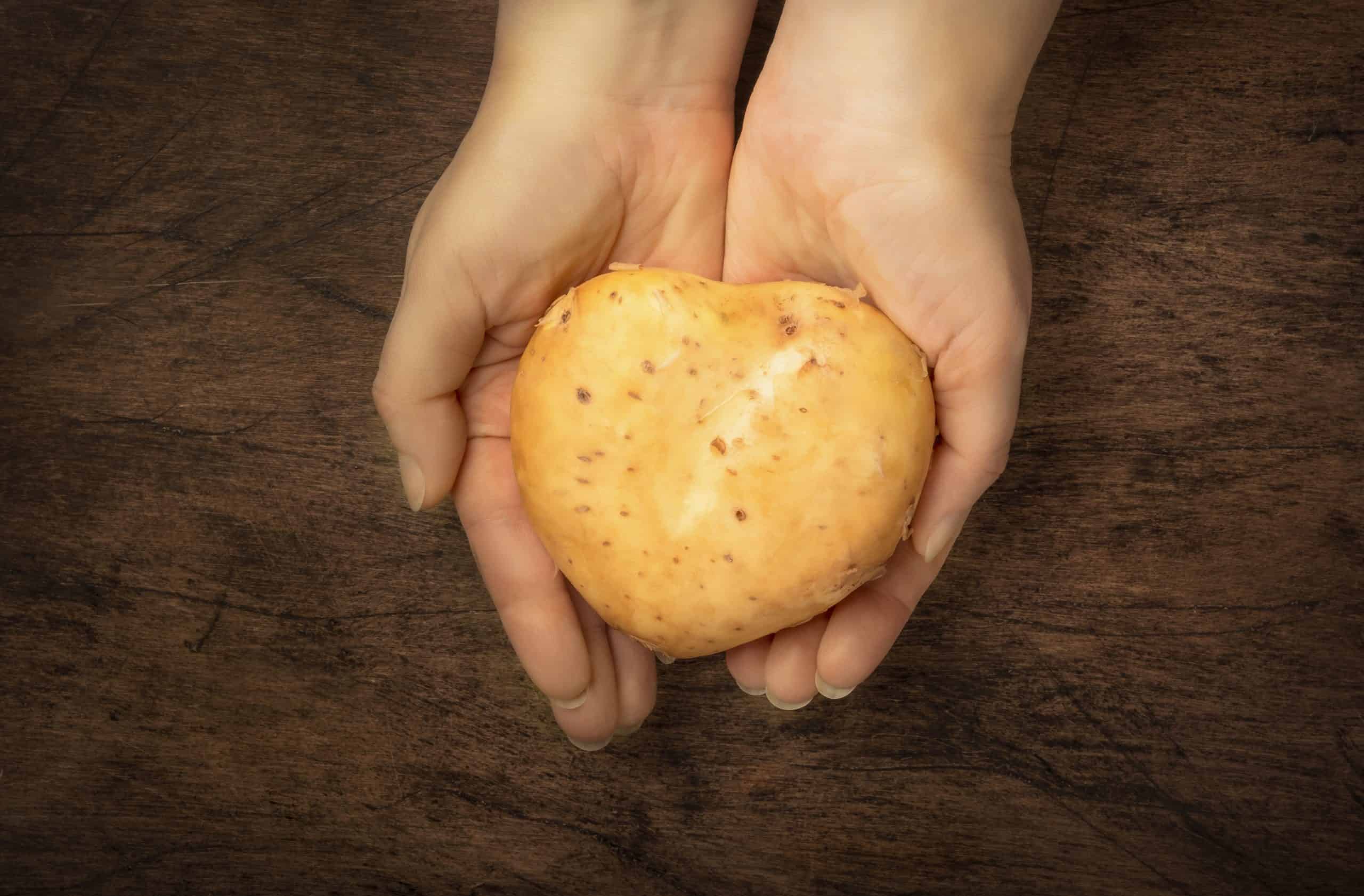
Potatoes can develop an unnatural flavor and texture when stored in the fridge. Instead, potatoes can be kept in mesh bags or baskets and should be stored away from direct light.
Avocado
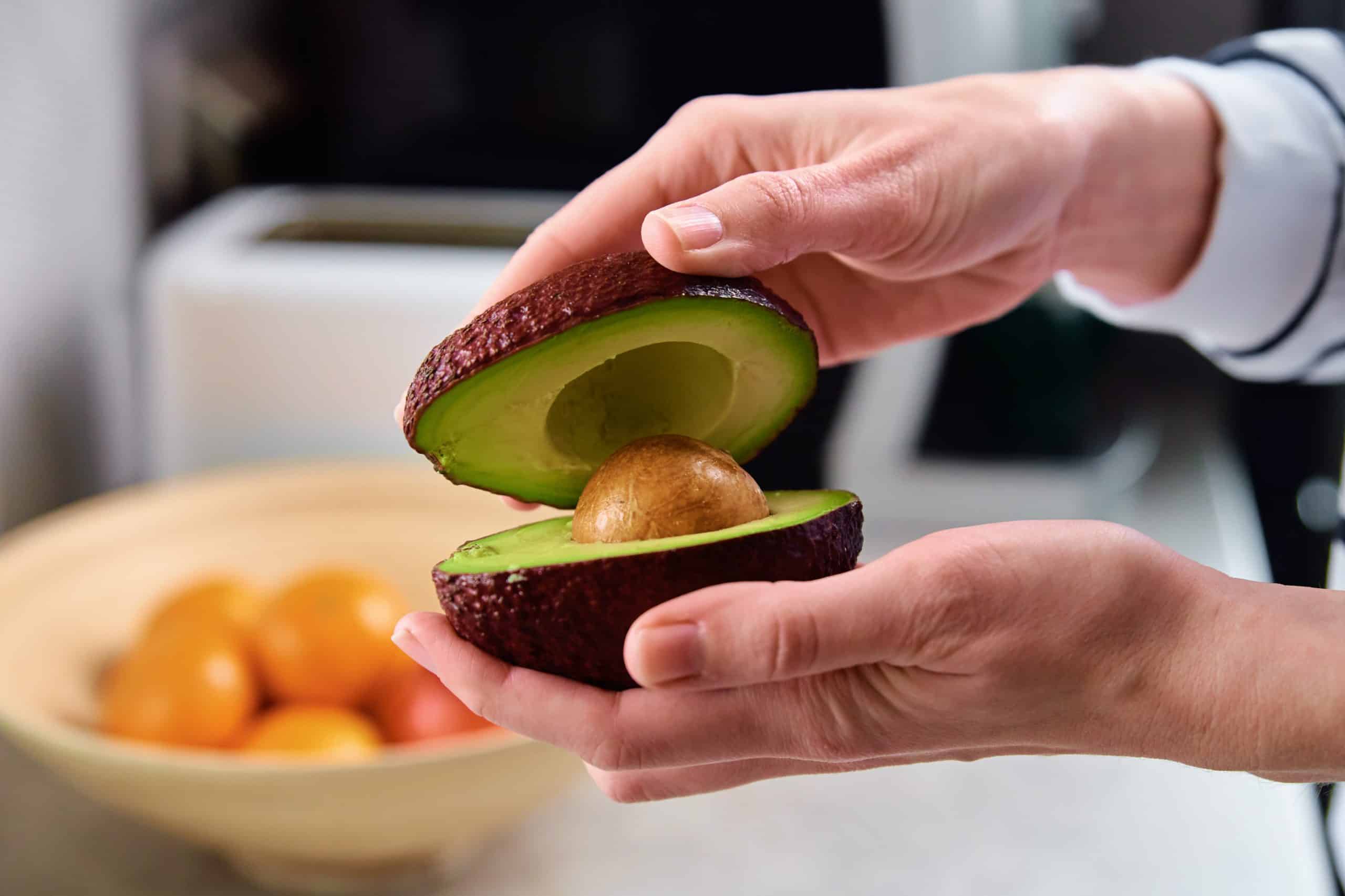
Refrigeration slows down the ripening of avocados and hardens them. Moreover, avocados can become flavorless if stored in cold temperatures. Until they are fully ripened, it's best to keep avocados at room temperature.
Chocolate
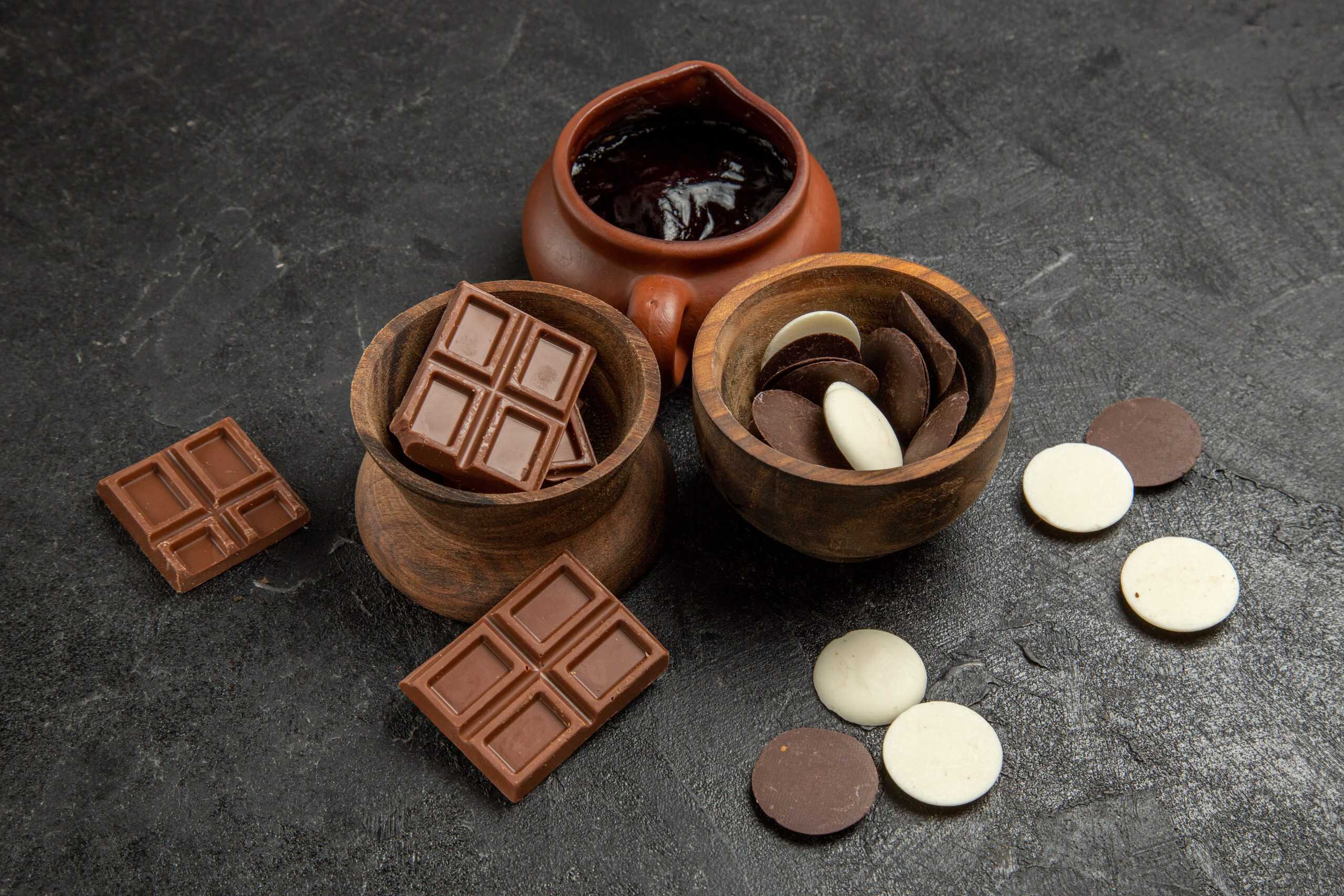
Chocolate should always be stored in a dry, slightly cool, and dark place, like a pantry or cupboard. Refrigerating them can cause sugar crystals to rise to the surface, affecting the chocolate's smooth texture. Additionally, chocolate easily absorbs odors inside the fridge, which can alter its taste.
Basil
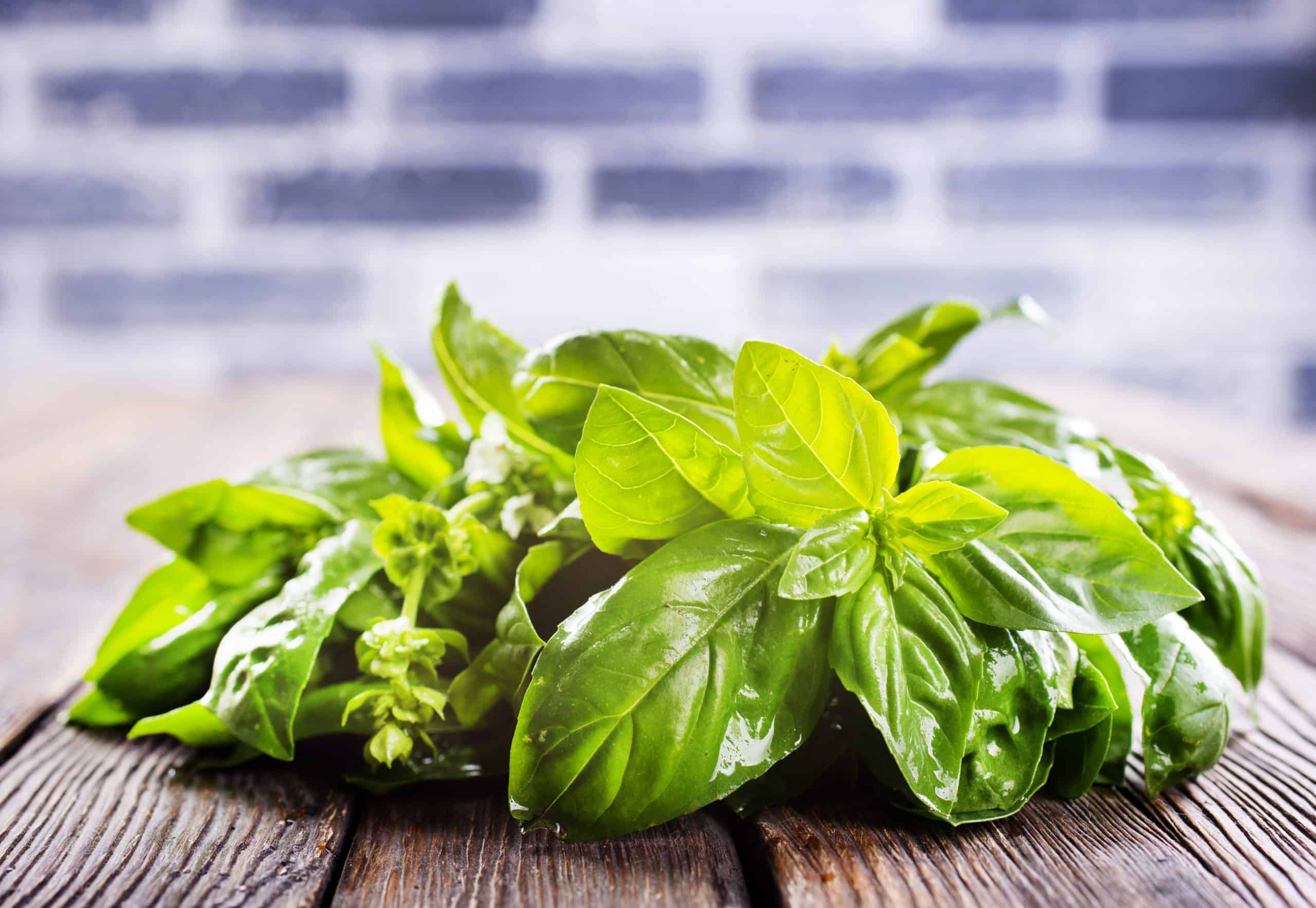
Refrigerating fresh basil can turn its leaves black. The cells of the plant can be damaged if exposed to the cold and freezing temperatures of your fridge. This can shorten the herb's shelf life. You can keep fresh basil by trimming the stems and placing them in a glass or jar of water, just like cut flowers.
Honey
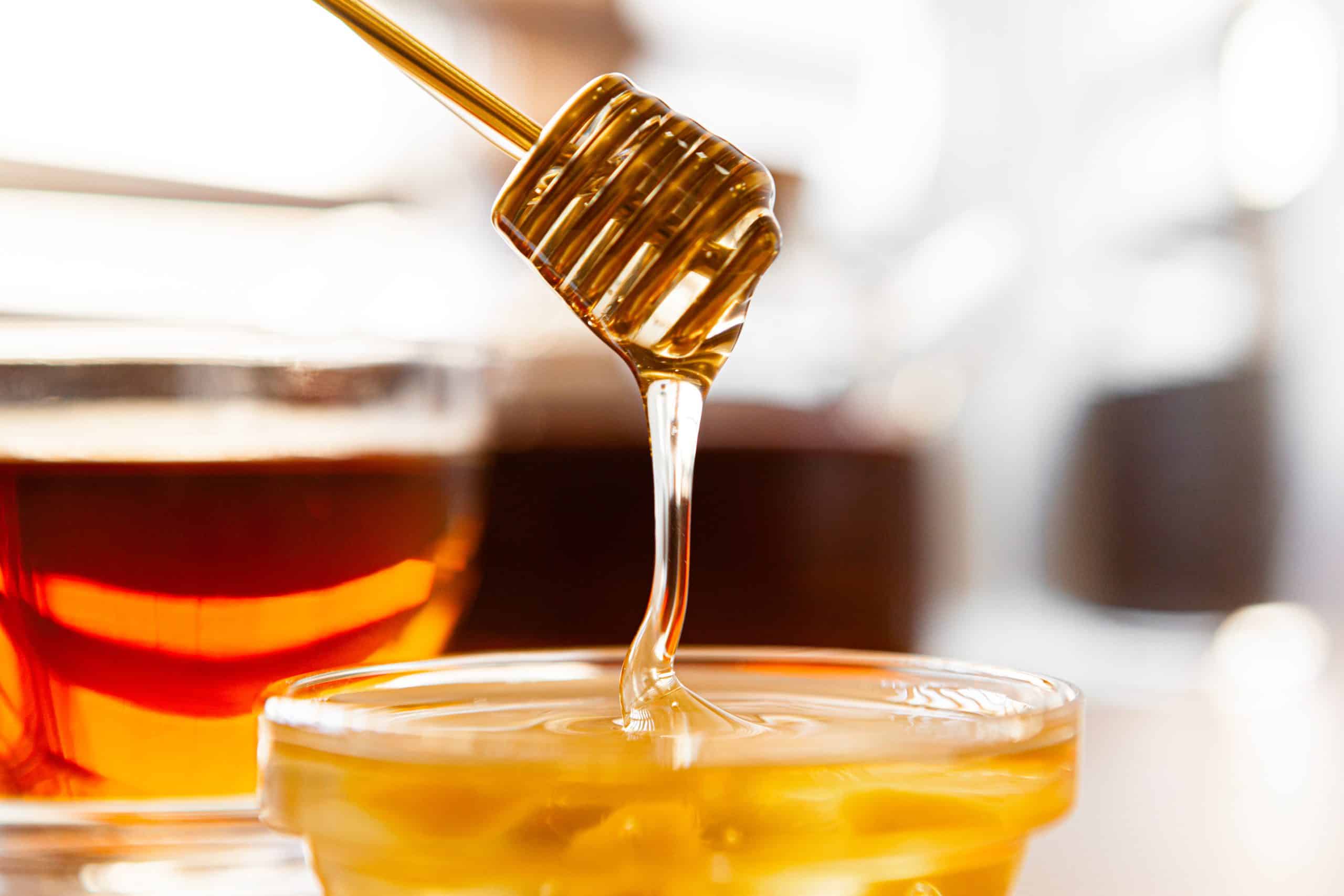
You should refrain from putting honey in the fridge because it changes and thickens its texture. Refrigeration can cause honey to form a semi-solid mass. To avoid crystallization, honey should be stored in a dark place, such as a cupboard near the stove or oven.
Peanut Butter
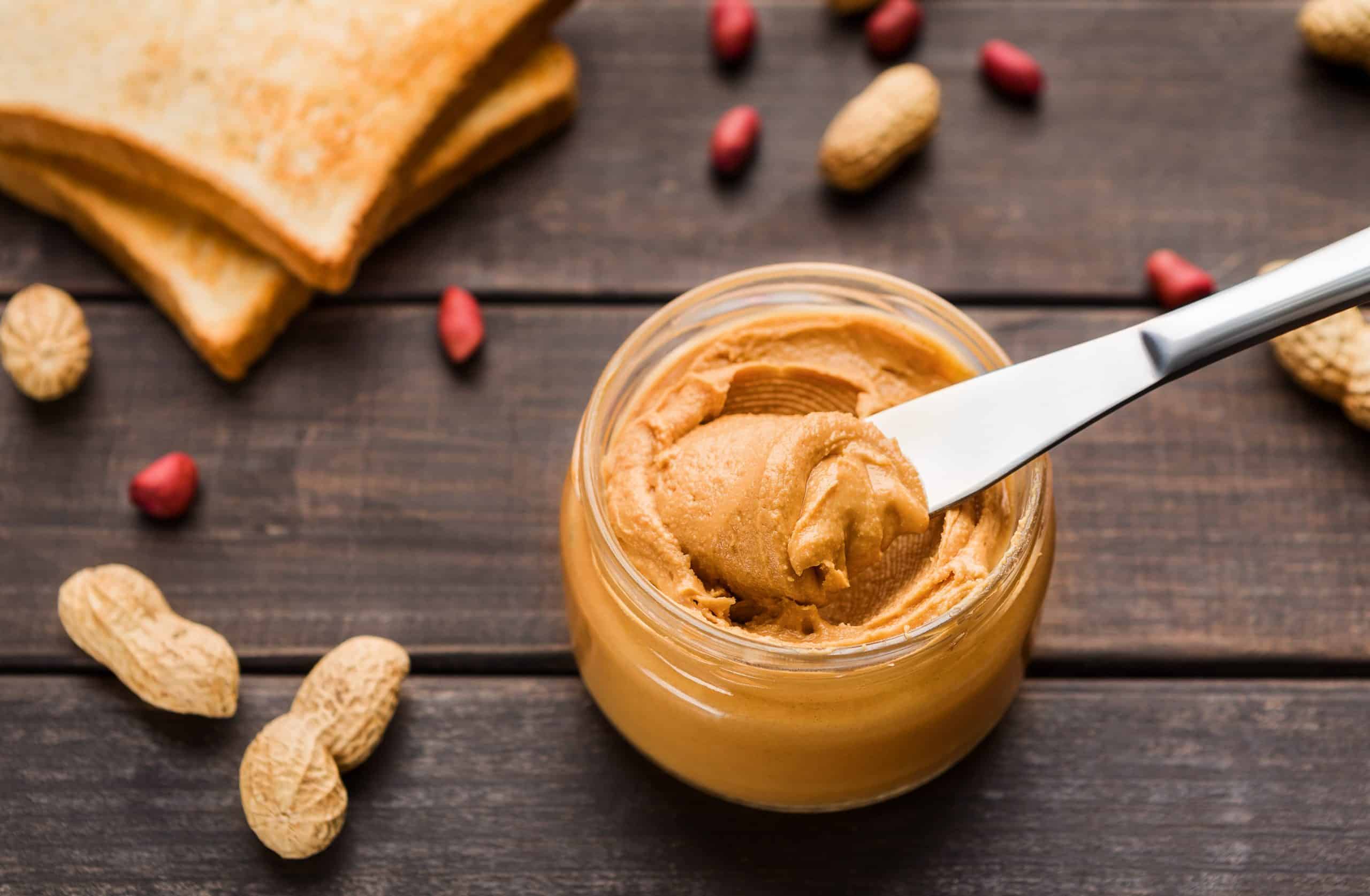
One of the foods that people do not need to refrigerate is peanut butter. The refrigeration may prolong its life, but it will become hard to spread. Keep it in your kitchen pantry instead.
Pastries/Cookies
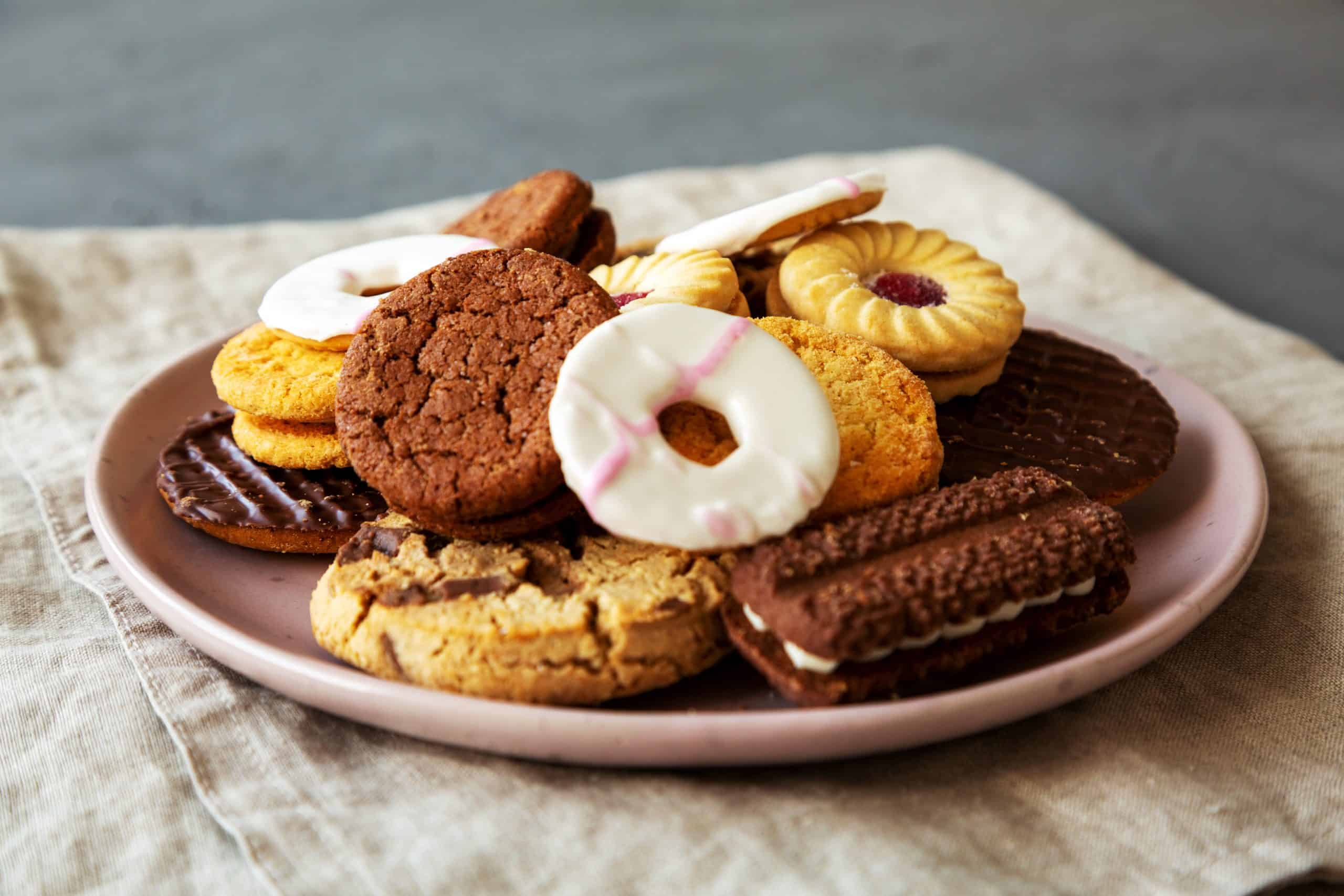
Baked goods such as pastries and cookies get stale fast when kept in the fridge. Because of the cold temperature, they can become dry and hard. Cookies in particular, tend to have a shorter shelf life in the fridge.
